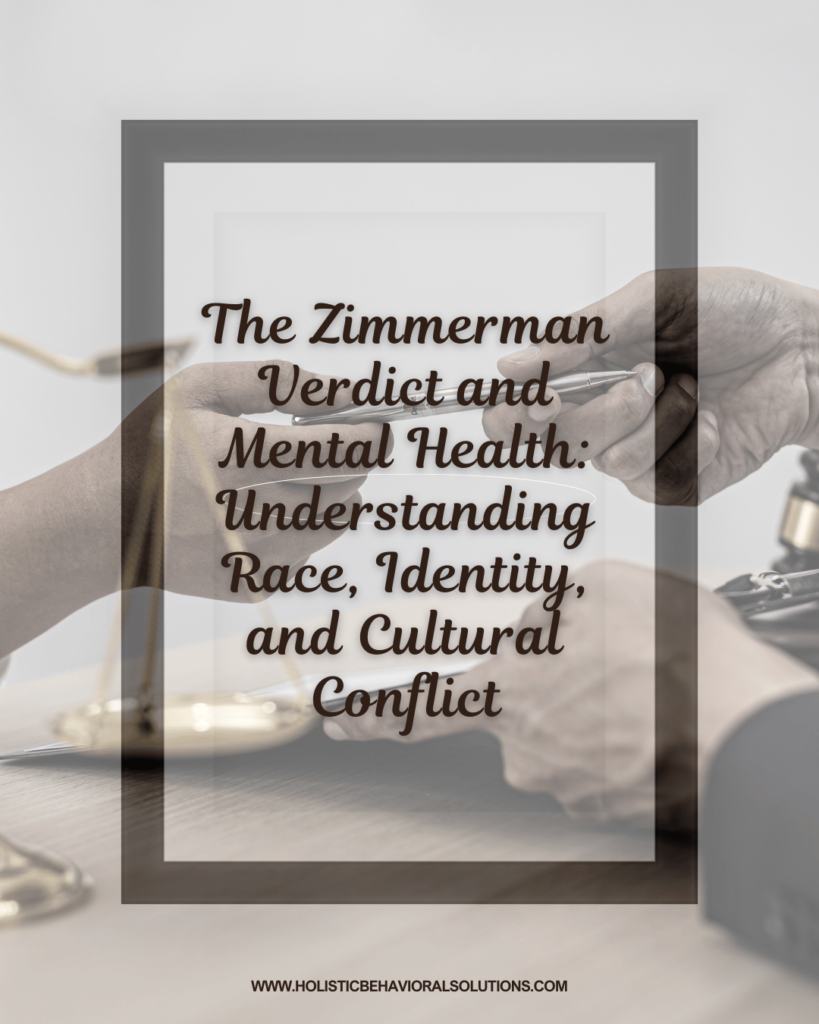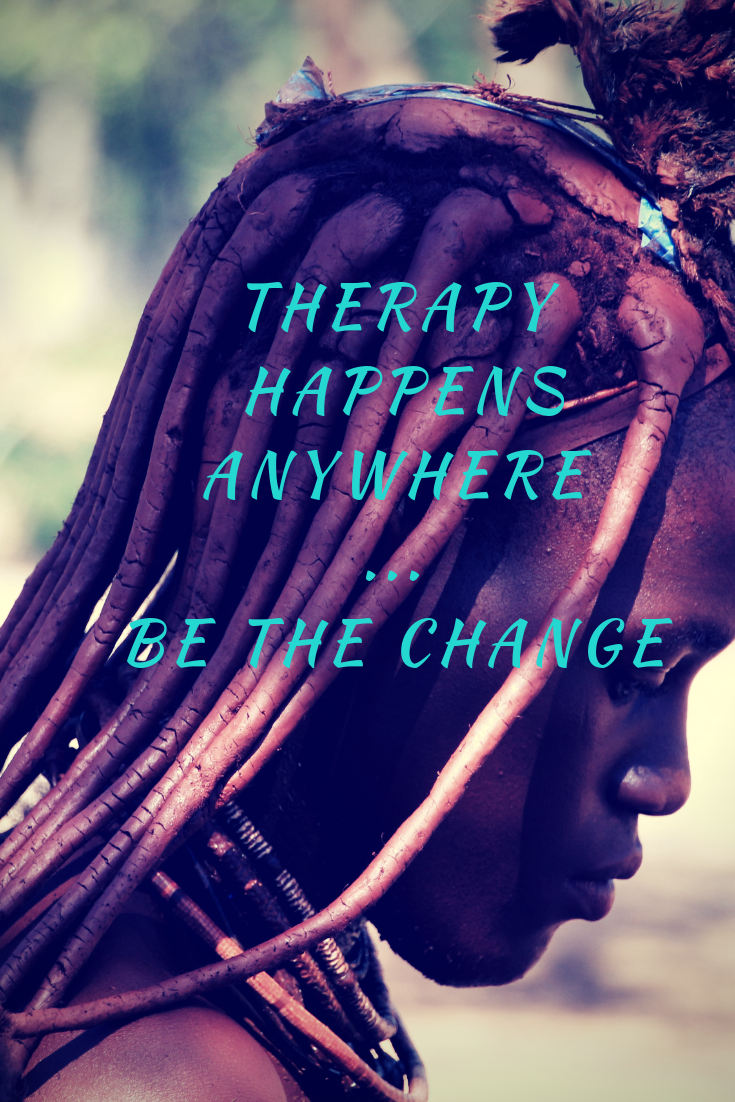
This past weekend, the verdict in the George Zimmerman trial—“not guilty” in the death of Trayvon Martin—reignited a national conversation about race, justice, and cultural identity. The case touched deep emotional and ideological nerves across America, particularly around the values of family, freedom, and fairness. Regardless of where you stand, the emotional intensity is undeniable—and for many, mentally exhausting.
What makes this case so emotionally charged isn’t just the tragedy of a young life lost. It’s the way it forces us to confront how we define race, how we perceive others, and how we navigate our own complex cultural identities. These are the things we talk about in session. This is not a “Black” thing; it is a “Human” thing, and people are hurting.
What Is Race, Ethnicity, and Culture—And Why Does It Matter for Mental Health?
In conversations about identity, many people conflate race, ethnicity, and culture—but they are not the same. Understanding these terms is essential not only for social awareness but for emotional wellness and mental clarity.
- Race is a socially constructed grouping, often based on physical or phenotypical traits.
- Ethnicity connects individuals through shared cultural traditions, language, or national origin.
- Culture is shaped by shared experiences—work, school, regional communities, or spiritual practices.
In mental health, we often explore how these overlapping identities influence self-perception, emotional safety, and relational dynamics. The Zimmerman case brings this to the surface, exposing the silent stress many feel when their identity is questioned or misunderstood.
The Mental Health Impact of Cultural Identity Confusion
The Zimmerman verdict raises an important psychological question: How do we define ourselves when our racial or cultural identity isn’t easily categorized? For individuals of mixed race or bicultural backgrounds, this question can spark an internal identity crisis—one that impacts mental health in real, measurable ways.
Zimmerman, described by some as a “White Hispanic,” phenotypically presents as white—yet identifies with a Hispanic heritage. This challenges the assumption that racial or ethnic minorities will naturally empathize with one another. It also highlights the mental strain that comes with code-switching, cultural alignment, or disconnection from ancestral identity.
Acculturation Stress and Identity Struggles
Mental health professionals often refer to acculturation disorder, a condition where individuals experience significant stress trying to reconcile competing cultural expectations. This psychological conflict may manifest as anxiety, hyper-vigilance, isolation, or internalized bias.
In Zimmerman’s case, could it be that aligning closely with dominant cultural norms made him more suspicious of those he perceived as outside of that norm—like Trayvon Martin? It’s not an excuse—but it’s a lens. Understanding this spectrum of identity gives us a framework for exploring how cultural dissonance can impact thoughts, feelings, and actions.
Moving Toward Healing: What This Means for Our Communities
The aftermath of the Zimmerman verdict is more than just political—it’s deeply psychological and personal. It reopens painful conversations about how we see each other and how we value lives across racial and cultural lines.
At Holistic Behavioral Solutions, we believe that mental health care must include racial and cultural identity work. Healing happens when we acknowledge the invisible burdens people carry, whether from microaggressions, racial ambiguity, or generational trauma.
We invite you to continue this dialogue with curiosity and compassion. As mental health providers, community members, and human beings, we can foster spaces that celebrate diversity as a source of strength—not division.
Support Your Inner Wellness with Intentional Self-Care
These conversations aren’t easy. They ask us to go deep—and that takes energy. As you explore your own identity and role in these important cultural conversations, don’t forget to nurture yourself.
Visit The Holistic Store for wellness supplements and self-care products that support emotional resilience and mental clarity. From calming herbal blends to immune-supporting vitamins, we offer tools to help you stay grounded—mind, body, and spirit.

